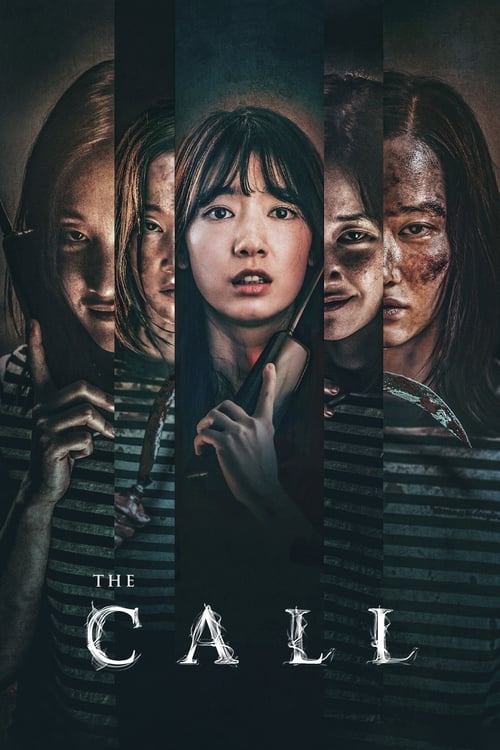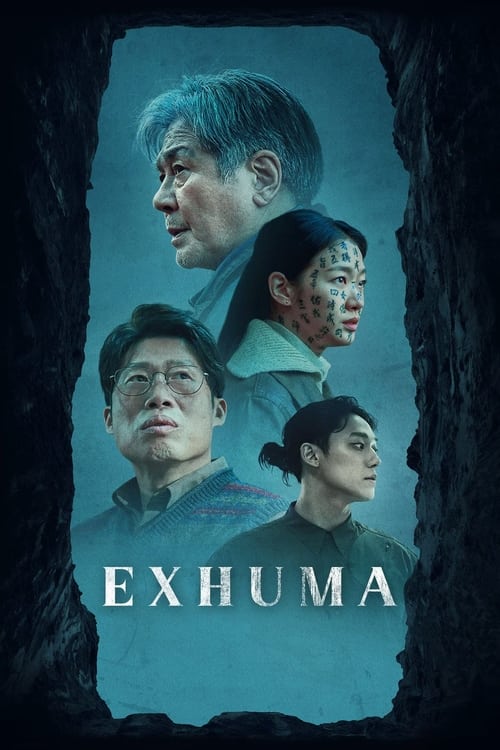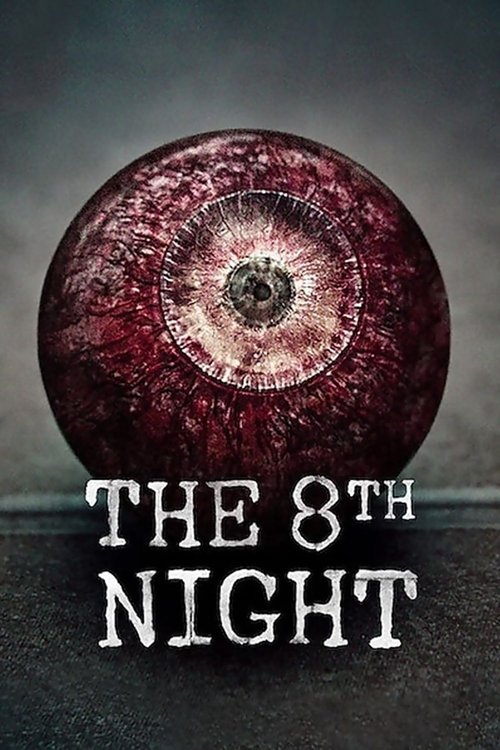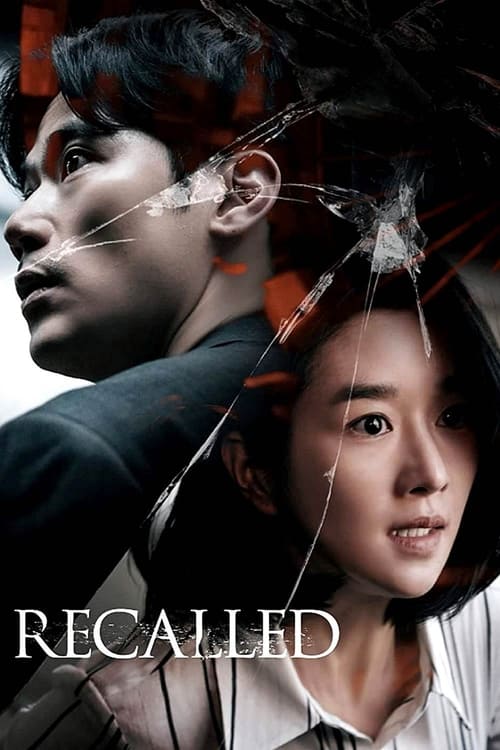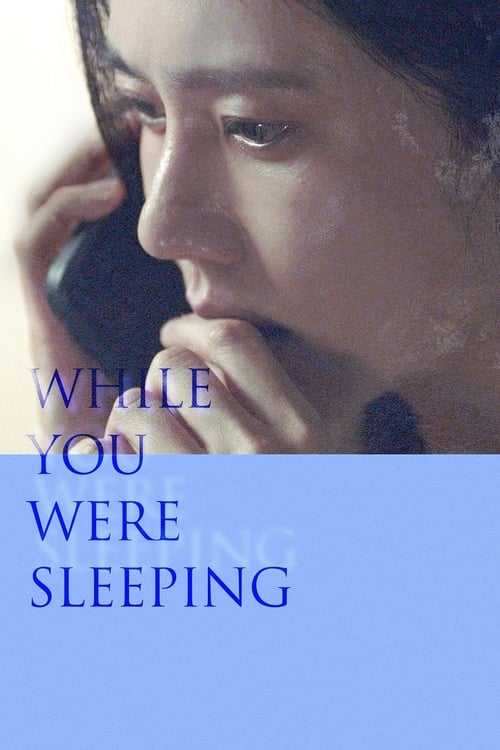
Ask Your Own Question
What is the plot?
Sorry, we aren't able to watch and write up a full detailed plot yet. Check back in a few days.
What is the ending?
In the ending of "The Call," Seo-yeon manages to confront the past and save her mother from being murdered by the serial killer, who is revealed to be her mother's younger self. The timeline shifts, and Seo-yeon's actions in the present alter the course of events, leading to a confrontation that ultimately results in her mother's survival. However, the film concludes with a twist, as Seo-yeon realizes that the killer is still out there, hinting at a cycle of violence that may continue.
Now, let's delve into the ending in a more detailed narrative fashion:
As the climax of "The Call" unfolds, Seo-yeon, having discovered the truth about the serial killer, races against time to save her mother, who is unknowingly in grave danger. The tension is palpable as she frantically tries to communicate with her mother through the old phone that connects their timelines. The clock is ticking, and Seo-yeon's heart pounds in her chest as she realizes that every second counts.
In a dimly lit room, Seo-yeon's mother, who is still unaware of the impending threat, prepares for her day. The camera captures her innocence, contrasting sharply with the dark reality that Seo-yeon is trying to prevent. Seo-yeon's voice echoes through the phone, urging her mother to stay vigilant and to avoid the killer. The urgency in Seo-yeon's tone reflects her desperation and fear, as she knows that the killer is none other than her mother's younger self, a twisted version of the woman she loves.
As the scenes shift back and forth between Seo-yeon and her mother, the tension escalates. Seo-yeon's mother, confused and frightened by the strange phone call, begins to piece together the warnings. The audience can feel the weight of the moment as Seo-yeon's determination grows; she is not just fighting for her mother's life but also for the chance to rewrite their shared history.
In a pivotal moment, Seo-yeon manages to convince her mother to take a different route home, leading her away from the killer's path. The relief washes over Seo-yeon as she watches her mother escape the danger, a moment of triumph that feels hard-won. However, the victory is bittersweet, as the film reveals that the younger version of her mother, now fully aware of her actions, is still lurking in the shadows.
The final scenes are haunting. Seo-yeon, having saved her mother, believes she has altered the course of their fate. Yet, as she returns to her life, the camera pans to a chilling scene where the younger version of her mother, now a killer, is shown stalking another victim. The realization dawns on Seo-yeon that the cycle of violence may not be broken after all. The film closes with a sense of foreboding, leaving the audience with the unsettling notion that the past cannot be so easily escaped.
In the end, Seo-yeon's mother survives, but the threat of the killer remains, suggesting that the darkness within can resurface, regardless of the changes made in the timeline. Seo-yeon is left grappling with the consequences of her actions, aware that while she saved her mother, the battle against the past is far from over. The film concludes on a note of ambiguity, emphasizing the complexities of fate and the haunting nature of unresolved trauma.
Is there a post-credit scene?
In the movie "The Call" (2020), there is no post-credit scene. The film concludes its narrative without any additional scenes or content after the credits roll. The story wraps up with the resolution of the main plot, focusing on the characters' fates and the consequences of their actions throughout the film. The absence of a post-credit scene allows the audience to reflect on the intense and emotional journey they have just experienced without any further distractions.
What is the significance of the phone calls between Seo-yeon and Young-sook?
The phone calls between Seo-yeon and Young-sook serve as the central mechanism of the film, creating a bridge between two different timelines. Seo-yeon, living in 2019, discovers that she can communicate with Young-sook, who is in 1999. This connection allows them to influence each other's lives, leading to a series of events that intertwine their fates. The calls are significant as they explore themes of fate, choice, and the consequences of one's actions.
How does Young-sook's character evolve throughout the film?
Young-sook begins as a seemingly innocent and vulnerable character, but as the story unfolds, her true nature is revealed. Initially, she appears to be a victim of her circumstances, but her motivations shift as she becomes more manipulative and vengeful. Her transformation is marked by her increasing willingness to harm others to secure her own survival, showcasing a dark evolution driven by her traumatic past and desire for revenge.
What role does Seo-yeon's family play in the story?
Seo-yeon's family plays a crucial role in grounding her character and highlighting the stakes of her actions. Her relationship with her mother is strained, reflecting her feelings of isolation and the burden of her family's expectations. As the plot progresses, her family's safety becomes intertwined with her interactions with Young-sook, adding emotional weight to her decisions and the consequences of the calls.
What is the significance of the location where Seo-yeon finds the old phone?
The location where Seo-yeon discovers the old phone is significant as it symbolizes the connection between the past and the present. The phone, found in her childhood home, serves as a catalyst for the events that unfold, representing unresolved issues and the haunting nature of the past. This setting also evokes nostalgia and a sense of foreboding, as it is tied to both Seo-yeon's memories and Young-sook's tragic history.
How does the relationship between Seo-yeon and Young-sook impact the plot's progression?
The relationship between Seo-yeon and Young-sook is pivotal to the plot's progression, as their interactions drive the narrative forward. Initially, Seo-yeon seeks to help Young-sook, but as the calls continue, the dynamic shifts, leading to manipulation and betrayal. This evolving relationship creates tension and suspense, as Seo-yeon grapples with the moral implications of her choices and the realization that her actions have dire consequences for both their lives.
Is this family friendly?
The Call, produced in 2020, is not considered family-friendly due to its intense themes and mature content. Here are some potentially objectionable or upsetting aspects that may affect children or sensitive viewers:
-
Violence: The film contains scenes of physical violence that may be graphic and disturbing, including confrontations and threats that create a tense atmosphere.
-
Murder and Death: The plot revolves around serious themes of murder, with implications of death that are central to the story, which may be unsettling for younger audiences.
-
Psychological Tension: The film features intense psychological elements, including manipulation and fear, which can create a sense of dread and anxiety.
-
Emotional Distress: Characters experience significant emotional turmoil, including fear, desperation, and trauma, which may be distressing for sensitive viewers.
-
Dark Themes: The overarching themes of the film involve crime and moral dilemmas, which may not be suitable for children or those who prefer lighter narratives.
Overall, the film's content is geared towards a mature audience, and discretion is advised for younger viewers or those sensitive to such themes.

